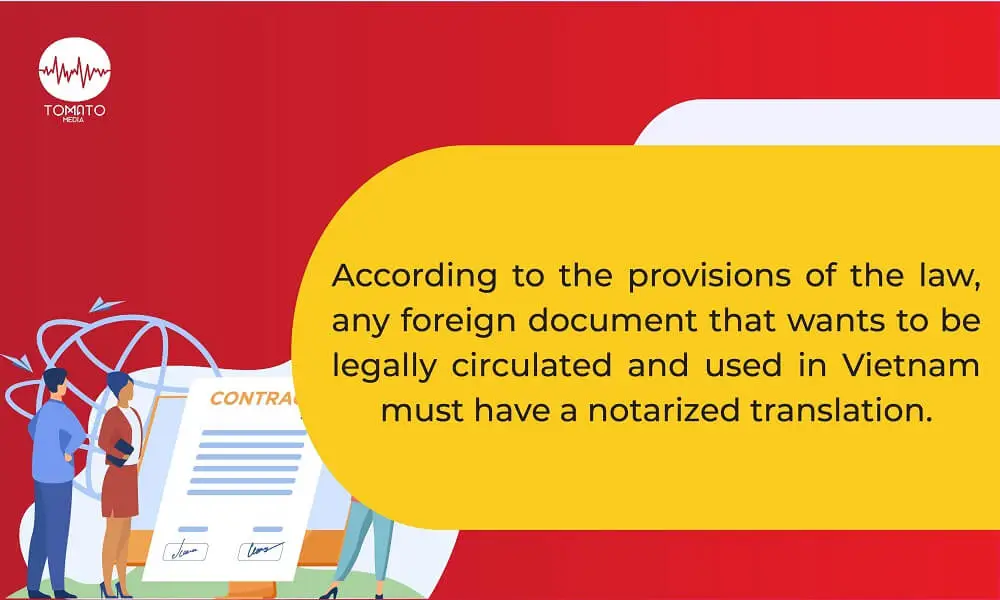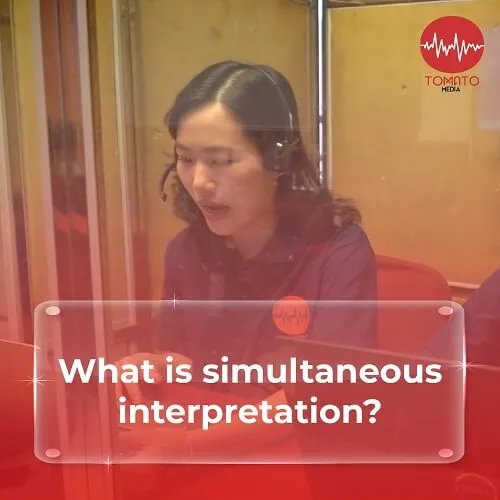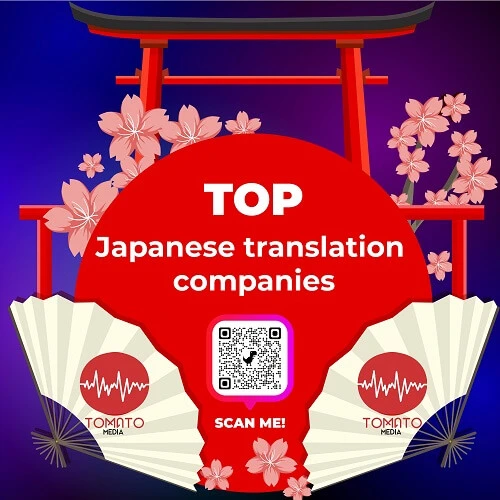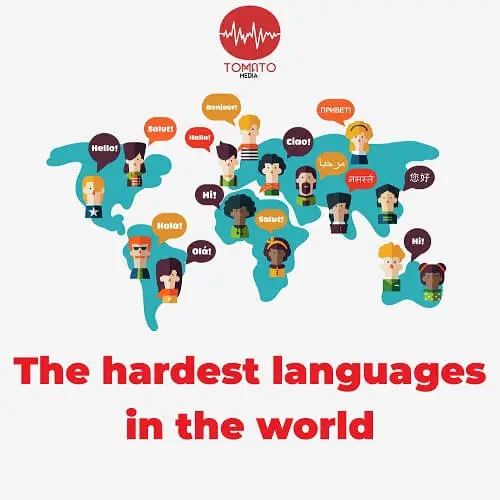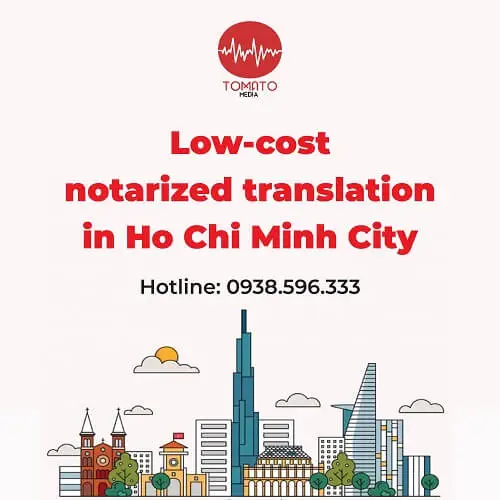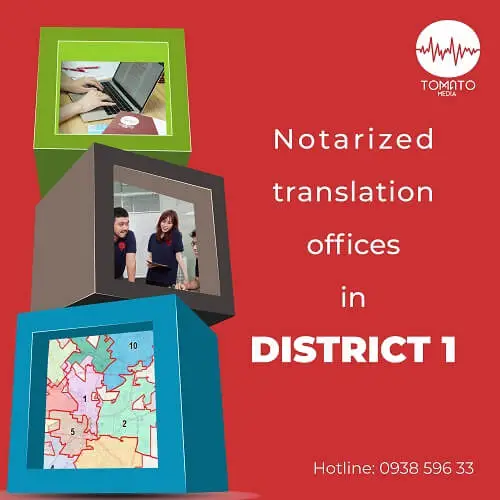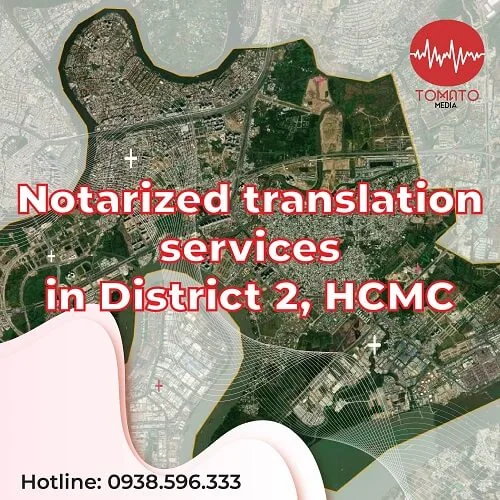What is simultaneous interpretation? How can simultaneous interpretation be implemented? Simultaneous interpretation is a form of interpretation where an interpreter translates the message from the source language to the target language in real-time without the use of a translation machine. This type of interpretation is often used in high-level conferences, seminars, and large-scale international projects. [...]
What is notarized translation? Does the notary office provide translation?
Notarized translation is a necessary step for countless transactions, including procedures related to study abroad, visa applications, real estate, and many other transactions. So what is a notarized translation? Does the notary office have translation services? The following article will provide readers with information about notarized translation services.
NỘI DUNG (CONTENT)
What is a notarized translation?
“What is a notarized translation?” is the question that many people ask when they hear this phrase. We often hear about translation services or notary services. So what is the difference between notarized translation and the two services mentioned above?
- A notarized translation service is the provision of a new document with the same content as the original document but presented in a different language; of course, the translated document must be notarized and stamped to ensure legal protection.
- The process of certifying the accuracy of the translation in comparison to the original is carried out by notaries of the notary public, and this is the essence of a notarized translation.
Notarized translation differs from regular translation services in the legality of the translated document. For normal translation services, there is only the seal of the unit or company providing the translation service, and that seal is only meant to certify that this translation was done by a reputable translation company. In order to ensure the legality of the translated document and certify that the translation is completely accurate compared to the original, an additional seal of the notary office is required.
Why do I need a notarized translation?
One of the questions that many people have is what constitutes a notarized translation and whether or not it is required.
According to the provisions of the law, any foreign document that wants to be legally circulated and used in Vietnam must have a notarized translation. In transactions requiring this document, this translation will take the place of the original because it is legitimate legally.
Moreover, our government always promotes law enforcement in all areas of life, so notarized translation is a necessary procedure in many transactions. A notarized translation will help the state easily control the transaction and make it transparent, clear, and legal, ensuring the legitimate rights and interests of the parties involved. In addition, even if a notarized translation is not required, the translation with the seal of the notary office will be more reliable.
What requirements does a standard notarized translation need to meet?
Because a notarized translation is different from a regular translation in terms of legality, the requirements for a notarized translation are also more stringent:
- Accurate translation
- Specialized terms must be translated correctly
- Particularly, the numbers such as day, month, revenue, quantity, etc. must be absolutely accurate
- Comply with the original form
- The translation needs the seal of the translation agency or the signature of the translator responsible for the translation
- Notarized translations must have the seal of a reputable notary office
- etc.
How long does a notarized translation take?
Notarized translation services include two stages: translation and notarization. Therefore, the duration of this service is equal to the sum of the two phases mentioned above.
Translation time
The translation time cannot be estimated exactly because it depends on many factors, such as:
- The length of the document
- The difficulty level
- The type of the document
- The target language
For example, there are some personal documents, such as an identity card or citizen identity card, transcripts, school records, a driver’s license, etc., for which the translation time is only a few hours, if not even shorter. But if the document to be translated is a specialized document with high difficulties, such as books, newspapers, or business documents that require almost absolute accuracy, such as financial statements, various types of documents, tax records, contracts, etc., the translation time will be longer.
In addition to factors related to translation documents, the choice of translation unit also greatly affects the speed and time of translation. Usually, notary offices do not provide translation services, but there are also some notary offices that cooperate with collaborators to provide translation services for customers. In terms of translation service, professional translation firms can hadle documents to be translated more quickly and accurately than notary offices while posing less risk. Reputable, professional translation companies can process documents quickly while still ensuring accuracy.
Notarization time
Notarization time may depend on which type you choose. But the notarization time is usually in the range of 3 days or less. There are two main types of notarization: private notarization and public notarization.
A private notary office is a notary office established by at least two notaries under the model of a partnership. A private notary office has its own seal and operates on the principle of complete financial autonomy. Private notary offices do not accept capital contributions in any form from individuals or organizations and operate on the basis of service costs, notary fees, and other lawful sources of income. Private notarization time is about 1 working day.
The public notary office, also known as the state notary office, is a notary public office established by the People’s Committee of the province and is often referred to as the “notary office number… city..” The notarization time for the public notary office of the Department of Justice will be longer (about 3 – 4 working days).
Whether you choose a private or public notary office, the legal value of the document is the same. The difference between these two forms of notarization is the time of notarization. Compared to the State notary office, the private notary office has a faster speed of working process and notarization because there are always employees and notaries on duty at the office to handle the needs of customers. In addition, private notary offices often have after-hours notary services to help meet the needs of customers.
See also:
-
Is it possible for one to perform a notarized translation by oneself?
-
How long does a notarized translation take? Is it possible to take it on the same day?
-
-
Quick and simple notarized translation at the Department of Justice
-
Public notarized translation service with 24-hour delivery
Who is in charge of notarizing the translation?
Unlike the notarization of other documents, the notarization of translations needs to be done by a notary. And the translator is a collaborator of the notary office. Collaborators must be university graduates or have relevant diplomas and certificates in foreign languages to ensure their foreign language competence as prescribed. These collaborators must take full responsibility for their own words, statements, and translations.
Is it possible for me to perform a notarized translation myself?
In principle, notarized translations must be done by translators who are collaborators with notary offices and notaries. Therefore, the self-translation of documents will only be used for personal purposes and cannot be used for notarization.
But if you want to save on notarized translation costs, self-translation is not necessarily impossible. You can translate documents yourself and conduct proofreading at reputable translation companies. Proofreading is the process of checking the grammar, vocabulary, expressions, and corrections of the translation.
Do notary offices provide translation services?
Notary offices generally do not provide translation services. However, nowadays, due to the increasing demand for notarized translation, many private notary offices provide additional translation services by cooperating with freelancers and translators.
Because it is not established for translation purposes, translation services at notary offices may have many risks. Compared to notary offices, choosing translation at reputable translation companies can be a better choice thanks to their team of professional translators with high qualifications and skills. Moreover, professional translation companies have policies to ensure translation quality as well as warranty policies, etc. Therefore, for important or difficult, long documents, a choice of translation companies is the best solution.
However, if you only need to translate simple documents such as identity cards, diplomas, or marriage certificates, you can absolutely look to the translation service of a notary office so that the notarized translation process can be fast and convenient.
Now you know if the notary office has a translation service. Here we will talk about where a notarized translation can be done.
Where can a notarized translation be done?
Along with the subject matter of what a notarized translation is, a lot of people are also curious about the locations where it can be performed. Notarized translation can be done in one of the following locations: a private notary office, a translation company, or a public notary office. Each unit has its own advantages and disadvantages. Here are the pros and cons of notarized translation service providers:
Public notary office
Translation services for the public notary office are also performed by translation collaborators. The quality of translation at the notary office is therefore less valued than that of the translation agency because the capacity for translation is entirely dependent on the translator.
Additionally, because it is a state organization, its working methods are less quick and efficient than those of a private notary or translation service. Notarization time is usually longer than the other two units.
Private notary office
Private notary offices usually provide notarized translation services, in which translators are often collaborators. Compared to the translation company, the translation service quality of the notary office may be lower. However, with simple documents, you can completely choose to translate at a private notary office.
Translation company
The translation company owns highly qualified and experienced translators. Moreover, the translation company specializes in translation, so this will be the most professional service provider.
Translation companies also register their translators with private and public notary offices. As a result, a translation agency can provide notarized translation services in both public and private notary offices.
If you need a notarized translation of important documents with high difficulty or length, then a translation company is the most suitable choice among the 3 suggestions above.
How do I calculate notarized translation costs?
Notarized translation costs are not fixed. It depends on many factors. The cost of notarized translation services is equal to the total translation and notarization costs.
Translation costs
The cost of translation services depends on many factors, such as the length and difficulty of the document, the target language, etc. In addition to factors related to the document’s characteristics, the customer’s requirements also affect the cost of translation. Usually, a translation can be done within 1–3 days. However, in cases of urgent need, if you require a quick translation, there will be an additional fee.
Notarization costs
Notarization costs include notary fees listed and remuneration for notaries or notarial practice organizations. In addition, there will be an additional fee for after-hours notary services.
Translation companies that provide notarized translation services usually have a specific quotation for the notary service for the customer’s reference.
#High-quality and #fast multilingual notarized translation at Tomato
Notarized translation services at Tomato include:
- Notarized translation of personal documents: identity cards, birth certificates, household registration books, diplomas, curriculum vitae, marriage certificates, identity documents, visa applications, study abroad applications, etc.
- Notarized translation of business documents: contracts, cooperation papers, etc.
At Tomato, we provide notarized translation services in a variety of popular languages.
| English | French | Arabic | |||
| Chinese | Taiwanese | Spanish | |||
| Japanese | German | Czech | |||
| Korean | Thai | Dutch | |||
|
Italian |
Russian |
Khmer |
|||
| Burmese |
Finnish |
➩ | … |
If you need one of our above services with the appropriate language option, please contact Tomato Media immediately:
Hopefully, the information about what a notarized translation is above is useful to you.
FAQ about notarized translation services
The following are frequently asked questions related to notarized translation that we have compiled:
I can’t visit the office in person, so can the document be translated and notarized by email?
In essence, notarization is the process of certifying a copy’s or translation’s accuracy in relation to the original. Therefore, notarized translation services require the original document. If customers only need to translate without notarization, it is completely possible to translate online.
Can I request a custom translation?
The answer is no. Because notarized translations have strict requirements on their accuracy compared to the original document, translators who are responsible for their translations must translate correctly, avoiding deviations and ambiguity from the original. If the documents are specialized, the only situation in which a client can contribute to the translation process is by offering a glossary.
Can I get more notarized translations in case something unexpected happens?
Notarized translations are not allowed to be copied or duplicated according to the law, so if you want to get more copies, that means you need to translate and ask for notarization again. Therefore, you should require at least one more notarized translation than you actually need as a precaution in the event of an emergency. For translations that do not need to be notarized, you can get more translations.
What types of documents does Tomato provide notarized translation services for?
Tomato confidently provides customers with accurate notarized translation services (which can be obtained immediately) while respecting the format and using correct legal terms, etc. Some of the papers, documents, and records that Tomato often offers notarized translations for include:
– Notarized translation (which can be obtained on the same day) of personal documents:
- School reports and transcripts
- Certificates, qualifications
- Curriculum vitae
- Birth certificate, driver’s license
- Household registration books, land use rights certificates, and passports
- Identity card, citizen identity card
- Marital documents, medical records
- Job applications
- Immigration applications
– Notarized translation of documents, records, and materials:
- Documents introducing the company’s services or products
- Labor contract
- Translation of export and import documents
- Accounting documents, receipts, tax declarations, etc.
- Notarized translation of commercial contracts, business performance reports, company portfolios, etc.
- Notarized translation of Certificate of origin (CO), certificate of quality (CQ), bill of lading (BL)
- Translation of visa applications, study abroad applications, and employment abroad applications
- Translation of business registration certificates, patents, and building permits
- Notarized translation of wills
- Medical records
- Bid documents
- Business registration certificate
- Temporary residence certificate, temporary absence certificate
- Injury certificates
- Scripts, books, letters, etc.
How can I assess the quality of Tomato’s notarized translation service?
You can check the quality of our notarized translation services by using the following methods:
- Ask one of our translators to take a free trial test.
- Contact our team directly to be able to check all notarized translation projects that we have translated (applicable only to projects where the client agrees to publicize the profile of information).
- You can view the QA and QC processes that we have applied to all notarized translation projects in the above process to ensure the highest quality.
- Don’t hesitate to immediately contact experts in our field of translation for more useful information.
Do notarized translation services have a fixed price list?
The price list is not fixed but is calculated according to different projects. Some factors that directly impact the price of notarized translations include:
- Place for notarization: notarization at the Department of Justice or at the notary office
- The number of translations to be notarized as required by the customer
- Documentary specifics
- Language to be translated
- Delivery time
Is the data from my notarized translations kept confidential?
Yes. All the information provided in your notarized translation document is kept confidential, and only the personnel involved in our project have access to and can reference it.
How long does the validity of a notarized translation last?
According to Decree 23/2014/ND-CP and the Notary Law 2014, there are no specific provisions on the validity period of a notarized translation document. This means that your notarized translation is valid indefinitely. However, notarized translation copies are classified into two types:
- “Infinite” copy: Bachelor’s degree, transcript, motorcycle driving license, etc.
- “Finite” copies: include documents that clearly define the validity period, such as an ID card, citizen’s identity card, marriage status certificate, judicial record, etc.
This article has provided readers with basic information about notarized translation services. If you have any questions, please contact Tomato Media so that we can best assist you.
| Ready to get started? |
Have a large project? |
| GET A QUOTE | ✉ CONTACT US |



